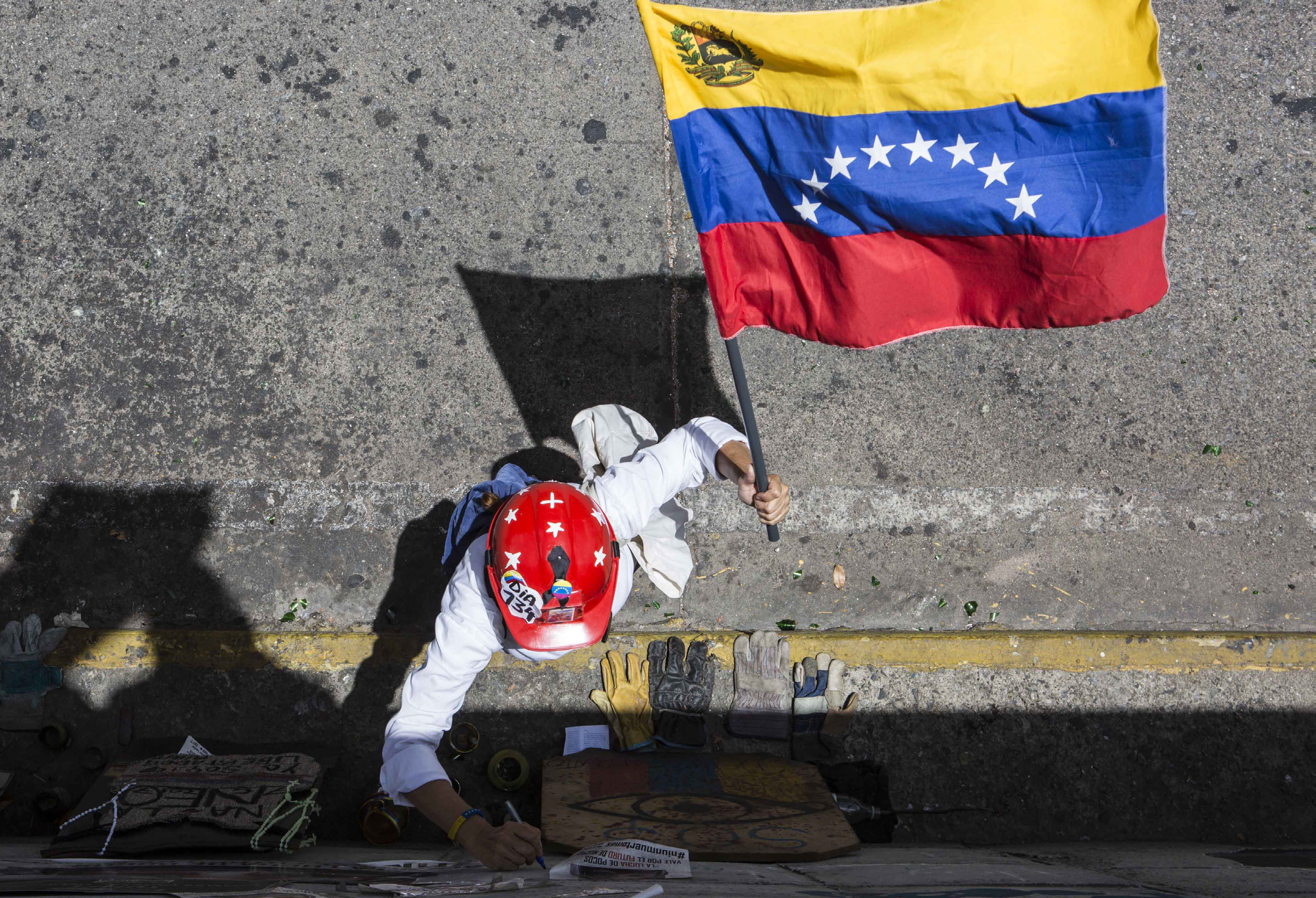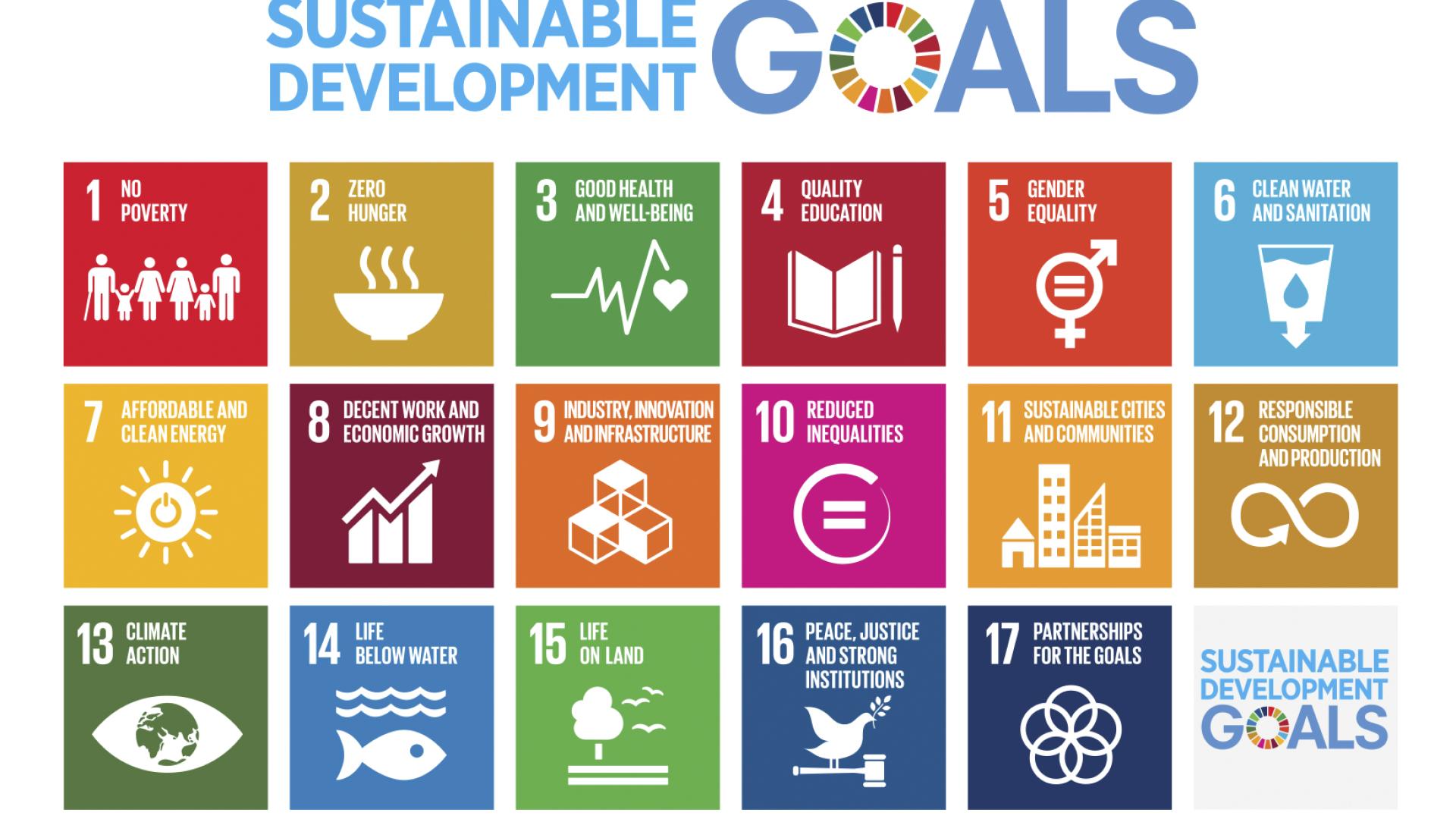“The thirst for gold will leave us without water” read a banner outside the Supreme Tribunal of Justice (TSJ). On the morning of Monday June 3rd, the NGO En Defensa de la Constitución (In Defence of the Constitution) protested outside of the Judiciary’s headquarters, motivated by the “silence and indifference” of the State in light of the expansion of illegal mining in the South of the country with the creation of the project of Arco Minero del Orinoco (Orinoco Mining Arc).
Representative of the NGO, Olly Millán, brought up the fact that 3 years ago, the organisation filed an appeal against Decree 2448, which establishes the creation of Arco Minero del Orinoco; an extension of land surpassing 111,000 kilometres to the south of the country, primarily destined to mineral exploitation.
“There was a withdrawal from TSJ’s part, but we were not notified. On the 31st of May of 2016 we filed an appeal against that decree.
We also gave procedural addresses in order to be notified about any decision from the tribunal, but we have not yet received an answer”, Millán pointed out.
“To us, silence still surrounds the issue of devastation”, she added in relation to the lack of an official response from the State.
Millán assured that En Defensa de la Constitución would assess, alongside its legal team, the next strategies to implementation and she also specified that they would start legal action at the international level against the Arco Minero del Orinoco, though she did not indicate which groups.
“Here we are talking about a genocide and an ecocide in the Amazon. The Arco Minero del Orinoco is State policy”, she continued.
During the announcements outside the headquarters of the Tribunal, there were other environmental organisations, and human rights defenders like Provea, the Observatory for Political Ecology, and the syndicate of the National Institute for Parks (Inparques).
Human rights’ activist, Andrea Pacheco, assured that the complaints made in relation to Arco Minero del Orinoco would also be taken to different national bodies, given the silent TSJ.
“For the third consecutive year we came to condemn the silence and complete indifference of the State”, she said, while pointing out the precariousness that people live in terms of services and healthcare in the communities in the south of the country.
“There is no access to gasoline and there is a malaria epidemic”, she said, and this phenomenon is exacerbated by the proliferation of illegal mining in the area.




